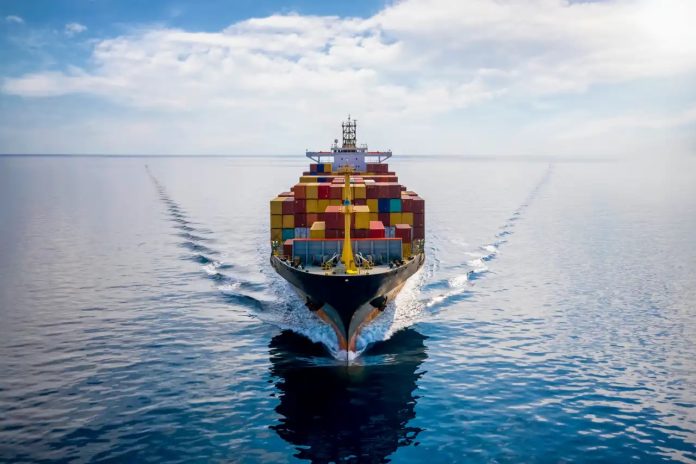The maritime trade industry is on the verge of a technological revolution that is fundamentally reshaping its operations. As digitalization takes hold, a new wave of disruption is poised to transform the industry.
To thrive in this evolving landscape, it is crucial for industry leaders to be aware of and embrace the following four trends:
- The Rise of Digital Platforms in Maritime Trade
One of the most significant trends in the maritime industry is the increasing importance of digital platforms. These platforms connect various stakeholders, including shipping lines, logistics providers, and cargo owners. Digital platforms enable real-time communication, data sharing, and seamless integration of services, leading to enhanced efficiency and improved customer experiences. - Harnessing the Power of Data Analytics for Intelligent Decision-Making
Data analytics provides valuable insights for intelligent decision-making. By adopting advanced analytics tools and techniques, stakeholders can optimize trade document management, cargo tracking, and overall supply chain operations. Data-driven decision-making enhances operational efficiency, mitigates risks, and drives business growth. - Embracing Disruptive Technologies
Blockchain, in particular, offers benefits in enhancing transparency, security, and efficiency in supply chain management. By utilizing blockchain technology, stakeholders can create immutable records, trace the provenance of goods, and streamline documentation processes. This not only reduces administrative burdens but also minimizes the risk of fraud and improves the overall efficiency of trade transactions. - Building Resilient and Sustainable Supply Chains
Resilience and sustainability have become increasingly important in the face of global disruptions, such as the COVID-19 pandemic and climate change. Digitalization plays a crucial role in this process, enabling stakeholders to reduce emissions, optimize energy consumption, and promote circular economy practices. These initiatives not only benefit the environment but also enhance the industry’s long-term viability and competitiveness.
By embracing digital transformation and staying ahead of the curve, industry professionals can be part of the maritime trade industry’s digital revolution, unlocking new opportunities and overcoming challenges in this rapidly evolving landscape.
As a thought leader, WaveBL is committed to driving innovation, collaboration, and sustainability in the industry, revolutionizing trust in trade through digitalization and advanced technologies. Visit www.wavebl.com and join the digital revolution in trade documentation!







